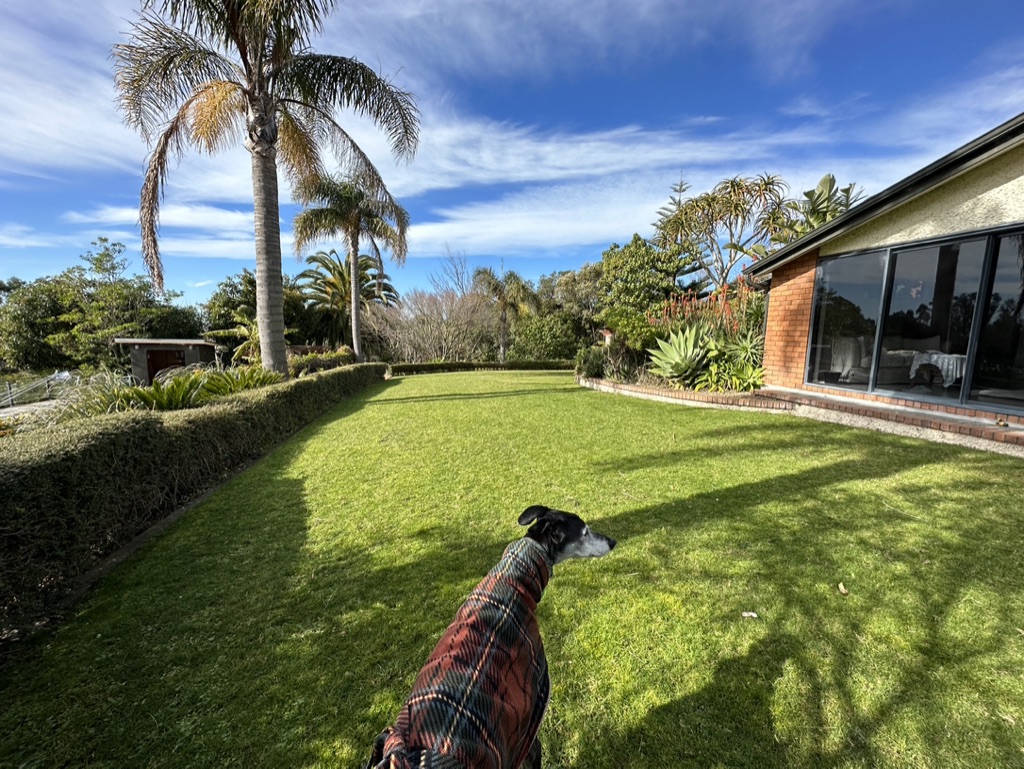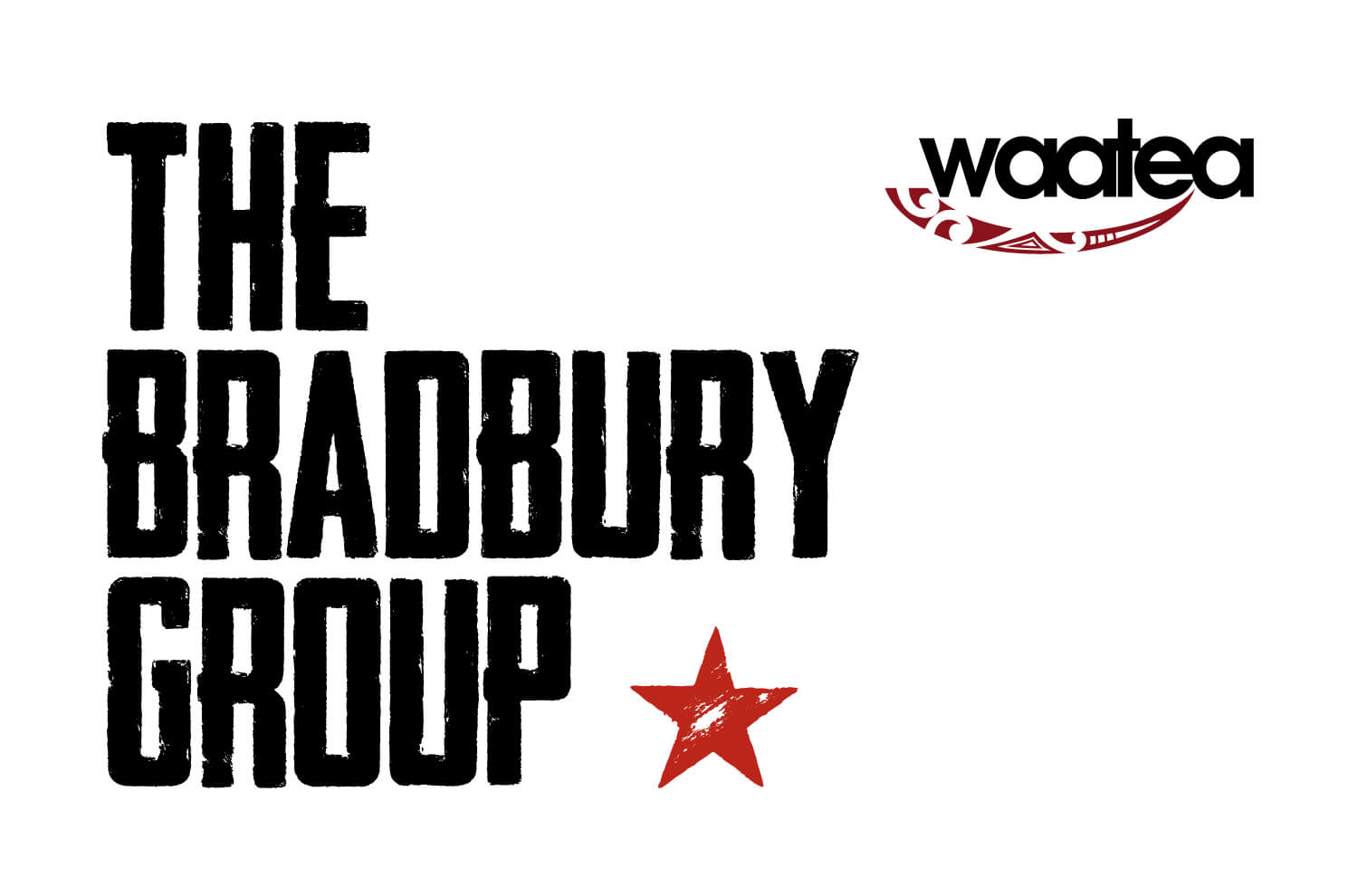VPNs, Privacy and Anonymity
At PodTalk.live we encourage all users who require privacy and anonymity to access the internet and PodTalk.live via a VPN.
If you do access PodTalk via a VPN then much of the following will not impact on your need for privacy or anonymity.
If you access the internet and PodTalk.live without a VPN, then, please note the privacy notes below will or may apply to you.
For more on VPNs, please read ‘Why VPNs Are Important‘ and ‘Recommended VPNs‘ in the sections below.
Media
If you upload images to the website, you should avoid uploading images with embedded location data (EXIF GPS) included. Visitors to the website can download and extract any location data from images on the website.
Embedded content from other websites
Articles on this site may include embedded content (e.g. videos, images, articles, etc.). Embedded content from other websites behaves in the exact same way as if the visitor has visited the other website.
These websites may collect data about you, use cookies, embed additional third-party tracking, and monitor your interaction with that embedded content, including tracking your interaction with the embedded content if you have an account and are logged in to that website.
Why VPNs Are Important
VPNs can provide a crucial layer of security and privacy for individuals looking to protect their online activities from surveillance and censorship.
In societies where government surveillance and censorship are prevalent, the need for secure and private online communication is paramount.
Virtual Private Networks (VPNs) have emerged as a crucial tool for individuals looking to protect their data and maintain their privacy in such environments.
By encrypting internet traffic and masking IP addresses, VPNs offer a layer of security that is essential for those navigating the digital landscape in authoritarian regimes.
Importance of VPNs in Societies
In some regions, the use of VPNs in societies is of utmost importance due to oppressive entities and hostile actors. At PodTalk.live we recognise this reality.
In countries where internet usage is heavily monitored and censored, individuals face the risk of having their online activities scrutinized by government authorities and others, simply for speaking their mind.
By using a VPN, users can minimise the risks of being identified, bypass restrictions, and reduce the risk of repercussions.
This not only allows for the free flow of information but also ensures that individuals can communicate in a more secure manner.
Moreover, VPNs can play a crucial role in protecting individuals from cyber threats and hacking attempts.
With government-backed and third-party cyber surveillance on the rise, the risk of personal information being compromised is a constant concern for many.
By encrypting data and providing a secure connection to the internet, VPNs help safeguard sensitive information from malicious actors looking to exploit vulnerabilities in the system.
This added layer of security is essential for individuals looking to strengthen their privacy and protect themselves from potential cyber attacks.
How VPNs Safeguard Security and Privacy
VPNs safeguard security and privacy by encrypting internet traffic and masking IP addresses, making it difficult for third parties to intercept and track online activities.
By creating a secure tunnel between the user’s device and the VPN server, VPNs help to ensure that data remains confidential and protected from prying eyes.
This level of encryption is crucial for individuals looking to communicate freely and securely without fear of surveillance or censorship.
Furthermore, VPNs provide users with the ability to browse the internet anonymously, allowing them to access restricted content and websites without revealing their true location or identity. This anonymity is essential for individuals, where expressing dissent or accessing certain information can have severe consequences.
By masking their IP addresses and encrypting their data, VPN users can browse the internet with a degree of peace of mind, knowing that their activities are, to a significant degree, shielded from scrutiny and surveillance.
In conclusion, it is important to remember VPNs are not a guarantee of security and privacy, but they go a step further to provide a secure and safe open internet connection. As such, VPNs play a vital role in enhancing security and privacy. In a digital landscape, VPNs provide a crucial lifeline for individuals looking to communicate freely and securely in an increasingly hostile environment.
Recommended VPNs
Using a Virtual Private Network (VPN) is a crucial tool to protect sensitive data and maintain anonymity online.
Here, we list some of the top VPNs available that will help you maintain your security and privacy.
Remember, when choosing a VPN users should look for providers that offer strong encryption protocols, a strict no-logs policy, and a wide range of server locations.
Three VPNs that offer maximum protection include:
ExpressVPN, NordVPN, and CyberGhost.
- ExpressVPN is known for its fast speeds, strong encryption, and user-friendly interface.
- NordVPN offers double encryption, a kill switch feature, and a large network of servers around the world.
- CyberGhost is a budget-friendly option that still provides robust security features, including malware and ad blocking.
There are other excellent VPNs on the market. The three options above will give you a good start while you are searching for the service that meets your needs.
With top VPN recommendations like ExpressVPN, NordVPN, and CyberGhost, security conscious individuals can improve their privacy and help keep their online activities shielded from prying eyes.
Please feel free to contact us via our Contact Us form.































